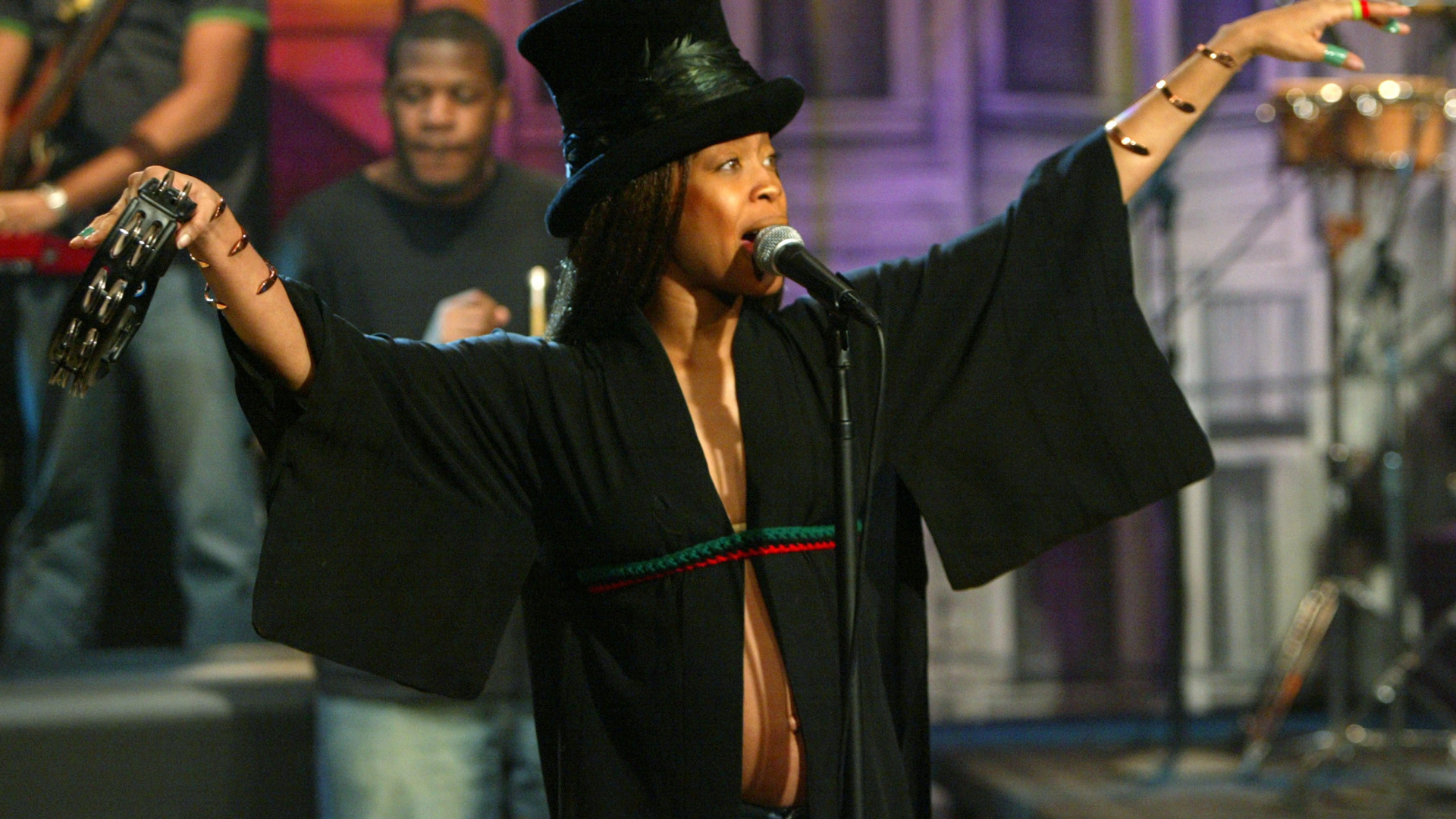deerstalker
https://blackgirlnerds.com/new-episode-entitled-surprise-of-bluey-premieres-on-disney/
A brand new episode of “Bluey” titled “Surprise” premieres Sunday, April 21 on Disney+ at 12:00AM PT. It will also air on Disney Junior at 7:00AM PT and Disney Channel at 7:30AM PT, with multiple re-airings throughout the day. “Surprise” arrives following the April 7 episode “Ghostbasket,” and last weekend’s extended-length special, “The Sign,” which captivated audiences around the world.
“Bluey” is starting 2024 as the No. 1 most-streamed series across all audiences*. Created and written by Joe Brumm, the series follows Bluey, a lovable and inexhaustible Blue Heeler dog who lives with her Mum, Dad, and little sister, Bingo. Bluey uses her limitless energy to play games that unfold in unpredictable and hilarious ways, bringing her family and the whole neighborhood into her world of fun. Produced by the multiple Emmy® Award-winning Ludo Studio for the Australian Broadcasting Corporation and BBC Studios Kids & Family, the series airs and streams to U.S. and global audiences (outside of Australia, New Zealand and China) across Disney Channel, Disney Junior and Disney+ through a global broadcasting deal between BBC Studios Kids & Family and Disney Branded Television.

